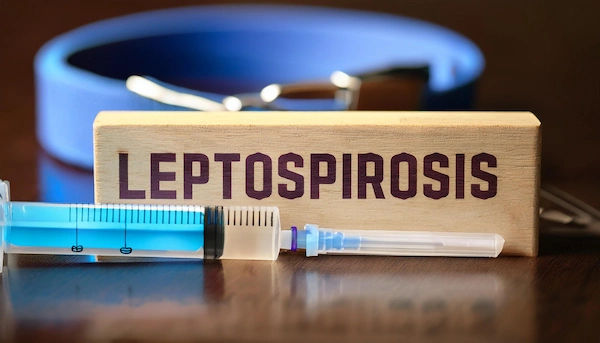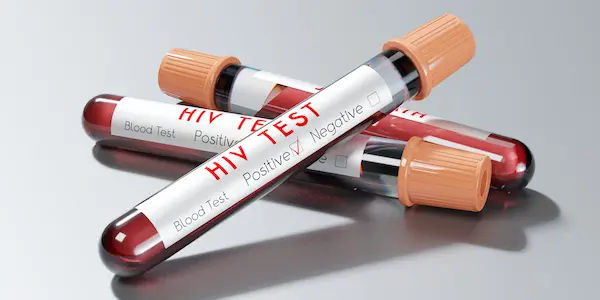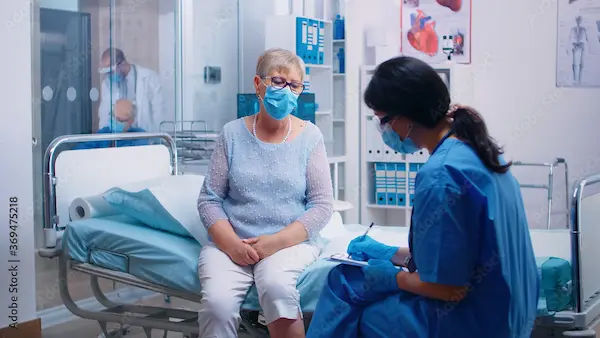- Male
- 32 Years
- 29/01/2025
I've had PV malaria three times this year and each time I took Lariago DS. I can't take PQ though, because my G6PD enzyme levels are on the lower side. Is there any permanent way to get rid of this? I'm really worried it might keep coming back.
Answered by 1 Apollo Doctors
Given your recurrent Plasmodium vivax (PV) malaria and G6PD deficiency, which prevents you from taking primaquine (PQ), consider consulting a specialist for alternative treatment options, such as a higher dose of chloroquine or a combination of chloroquine and other antimalarial medications, and take preventive measures, including using insecticide-treated bed nets, wearing protective clothing, and applying insect repellents to minimize the risk of future infections.
Dr. Mubarak Suggests...
Consult a Infectious Disease specialist
Answered 04/07/2025
0
0

More Infectious Disease Health Queries
View allI'm trying to understand a test result for salmonella typhio. It shows 140, but everything else is at 120. What does this mean? Can you explain it to me?
. Typhi 1:240 suggests that you are suffering from typhoid. You need to consult your doctor immediately and start with the treatment for same.
Answered by 1 Apollo Doctors
I'm really worried and need some guidance. After being exposed, when do HIV symptoms typically start to appear? Or is it possible that there might not be any noticeable symptoms at all? Can you explain this to me?
HIV symptoms can appear anywhere from 2-4 weeks after exposure, with some people experiencing flu-like symptoms, such as fever, fatigue, and swollen lymph nodes, while others may not show any symptoms at all; this asymptomatic period can last for years, making it essential to get tested for HIV if you've been exposed or engaged in high-risk activities, as early detection and treatment can significantly improve health outcomes.
Answered by 1 Apollo Doctors
I recently got my HIV test results back, and they came out as non-reactive with a COI of 0.290. I'm a bit confused about what this means. Is it a positive or negative result? Can you help me understand?
I can understand your concern. Why were you advised hiv 1 and 2 test in the first place? Was there any history of risky behaviour recently? The present report which you have posted here is negative. There's nothing to worry regarding it. But if there's any recent history of risky behaviour, then repeat the test after 3 months. Because the test can be negative during window period.
Answered by 1 Apollo Doctors
Disclaimer: Answers on Apollo 247 are not intended to replace your doctor advice. Always seek help of a professional doctor in case of an medical emergency or ailment.





